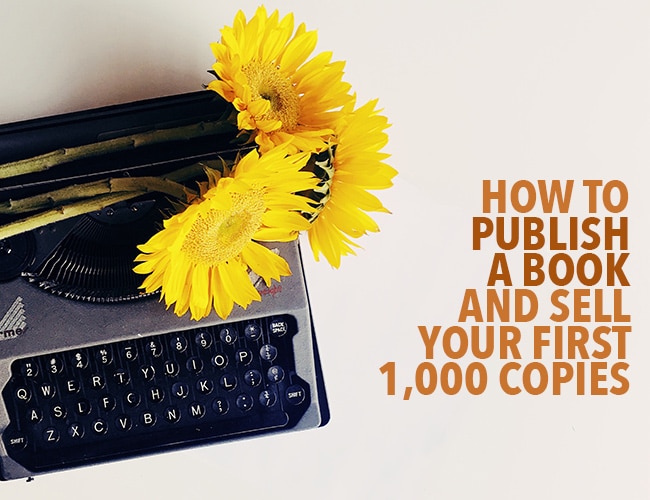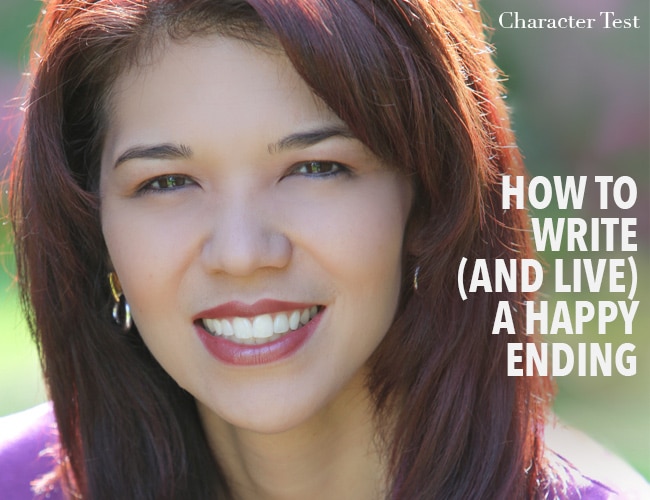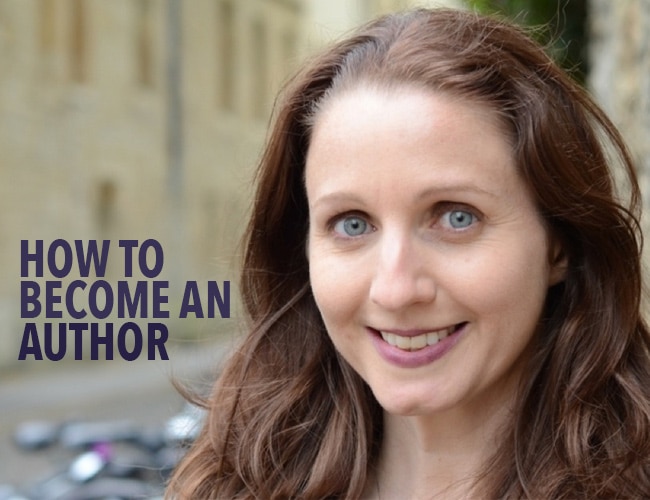Does it really matter what other people think of your art? When should you seek advice, critique, and opinion—and when should you trust your voice?
In this episode of Character Test, I talk with author and designer James Victore about what happens when you stop seeking the opinions of others and start making art you believe in.











